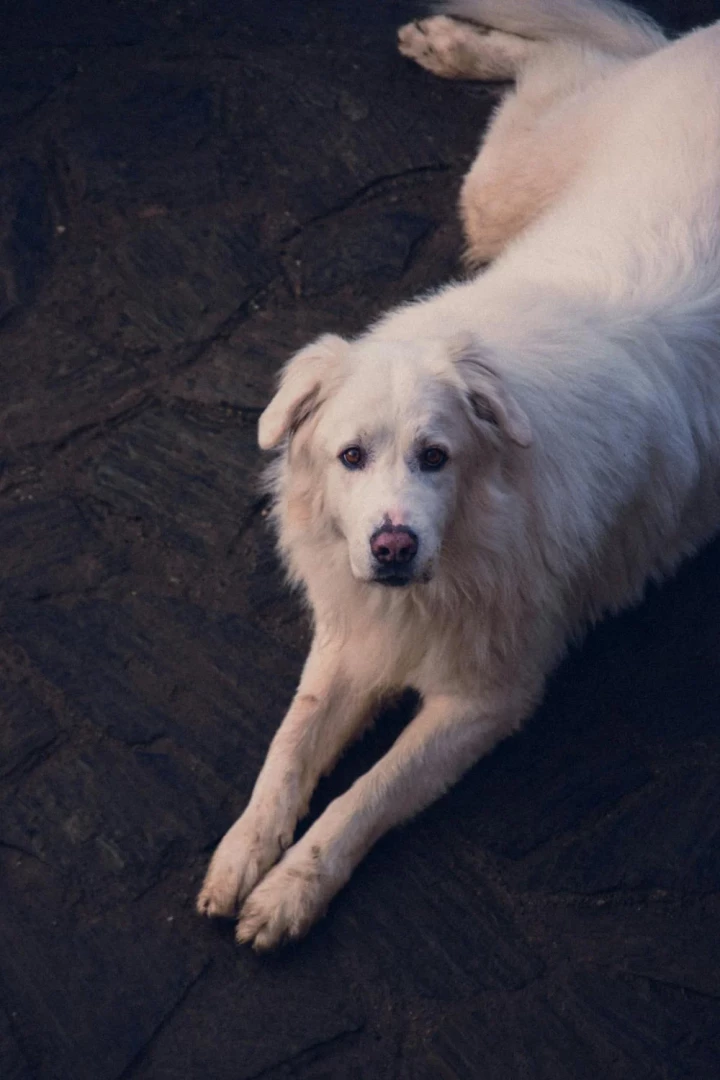
Maremma Sheepdog
About
The Maremma Sheepdog is a loyal, intelligent, and protective breed that excels as both a livestock guardian and a family companion. With their independent nature and strong protective instincts, Maremmas thrive in homes that can provide space, structure, and purposeful engagement. Their devotion, courage, and gentle affection make them a valued and cherished member of any household prepared to meet their unique needs.
 Breed Size
Breed Size
-
Weight (Male)
30-45 kg
-
Weight (Female)
30-45 kg
-
Height (Male)
60-73 sm
-
Height (Female)
60-73 sm
 Coat
Coat
-
Fur Type
-
Color
One color
 Care
Care
-
Walk
>45 minutes/day
-
Breed Size
XL
-
Demeanor category
Friendly
 Breed Traits
Breed Traits
-
Barking
-
Good with young children
-
Drooling
-
Energy level value
-
Grooming frequency value
-
Good with other dogs
-
Trainability
 Breeds Club Recognition
Breeds Club Recognition
-
Trainability Category
>Independent
-
Temperament
>Hard-working, intelligent, friendly, protective
Description
The Maremma Sheepdog is a large, powerful livestock guardian dog, originally bred in Italy over 2,000 years ago to protect sheep from predators. This breed descends from ancient Molosser-type dogs, resulting in an intelligent, independent, and highly protective companion.
- Origin: Italy, developed for livestock guarding.
- Smart and trainable: Quick learner but can be independent.
- Loyal and protective: Forms deep bonds with its family and flock.
- Energetic and strong-willed: Requires daily exercise and mental stimulation.
- Thick, weather-resistant white coat: Needs regular grooming and sheds heavily.
The Maremma Sheepdog is a fearless and devoted guardian, excelling in protection, obedience, and farm work. With proper training and early socialization, they become well-mannered, confident pets best suited for experienced owners and large properties.
